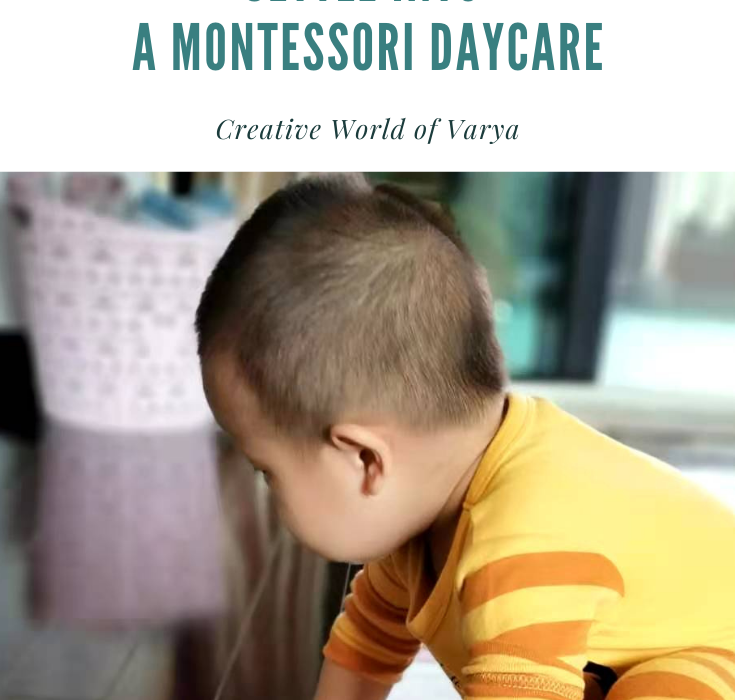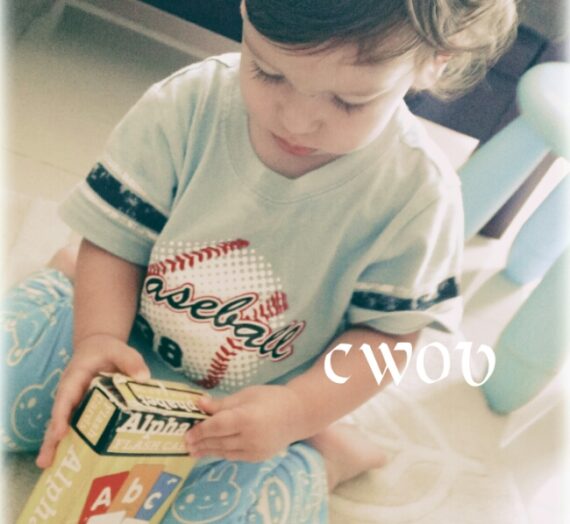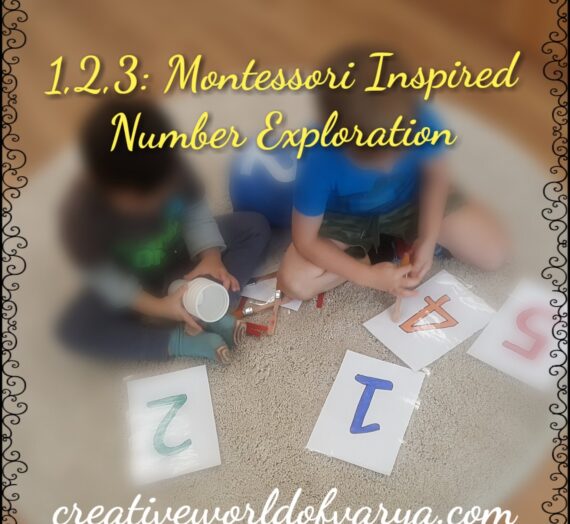Let’s start by understanding that Montessori method is not some Montessori classes twice a week. It is a style of life and in a proper Montessori daycare a child is living according to Montessori principles. And having some tips to help a toddler settle in a Montessori daycare is great for those who are just learning about it.
For toddlers (1 to 3 years old) the areas of learning are somewhat different than those of Casa children (3 to 6 years old) and there is no particular subject division. Instead of math, science, geography and such, a big emphasis is made on developing various skills: sensory, language, cognitive, self-care, real life, social skills, movement and coordination (fine motor and gross motor skills).
Toddlers acquire these skills by spending time in a prepared environment, working with tools that assist them with it, and allow them to have a constant control of error, and, of course, while working on developing self-discipline.
In a Montessori classroom the movement and the switching between tools is allowed as long as the child is doing it purposefully and is able by herself, or with a help of an educator, to complete the tool and place it back where it belongs.
How can you help your child at home?
- Communicate with the daycare to understand what set of rules is followed and implement the same rules at home (for example, cleaning after their meal, putting toys back in place, moving around the house gently etc.)
- Allow your child more independence in completing some tasks (self-feeding, learning how to dress up, helping clean up and other daily tasks)
- Communicate with your child using proper age-appropriate language, naming things with their real names and avoiding using “baby talk”. It will allow your child to communicate her needs to educators at the daycare more clearly and will greatly advance their general language development.
- Use gentle discipline. You should avoid overreacting when something is broken or spilled. Your child doesn’t know boundaries if they are not set clearly. And a child will always want to touch things that are in her reach. Avoid expecting your child to guess what should be touched and what shouldn’t. It is better to simply remove everything not age-appropriate from her reach.
-
Designate a place for a child’s activities. Every toy and tool should have its own “home”.
- Explain to your child the sequence of what is about to happen. Children don’t understand time but they are good at following with a “plan”. For example, we will come back, take off shoes, put shoes in line, wash hands, change clothes and have a meal.
- Avoid giving rewards for “good behavior”, such as stickers or candy. Toddlers value verbal praise, although it’s important to make sure it is given in moderation. The key is that you should teach your children to enjoy and seek the feelings of pleasure and pride. These feelings come with learning something new or completing a task.
- In order to keep your child’s interest, avoid putting all toys out at once. Put some away, and keep some out. You should change the toys every now and then. It will give your child pure joy to rediscover old toys that she hasn’t seen for a while. And it also allows your child to work with less variety and make more careful choices.
- Communicate any behavioral changes and changes in habits with your child’s daycare. It is important to cooperate and figure out things together. It gives your child the best care on both sides.
And last, but not the least, remember that your toddler is still very small. The expectations shouldn’t be too high since there is still so much for a child to learn. The more understanding you are, the easier it will be to follow through with tasks and activities.
If you are looking for some help and ideas, you can always reach me over email , Instagram , or Facebook.




